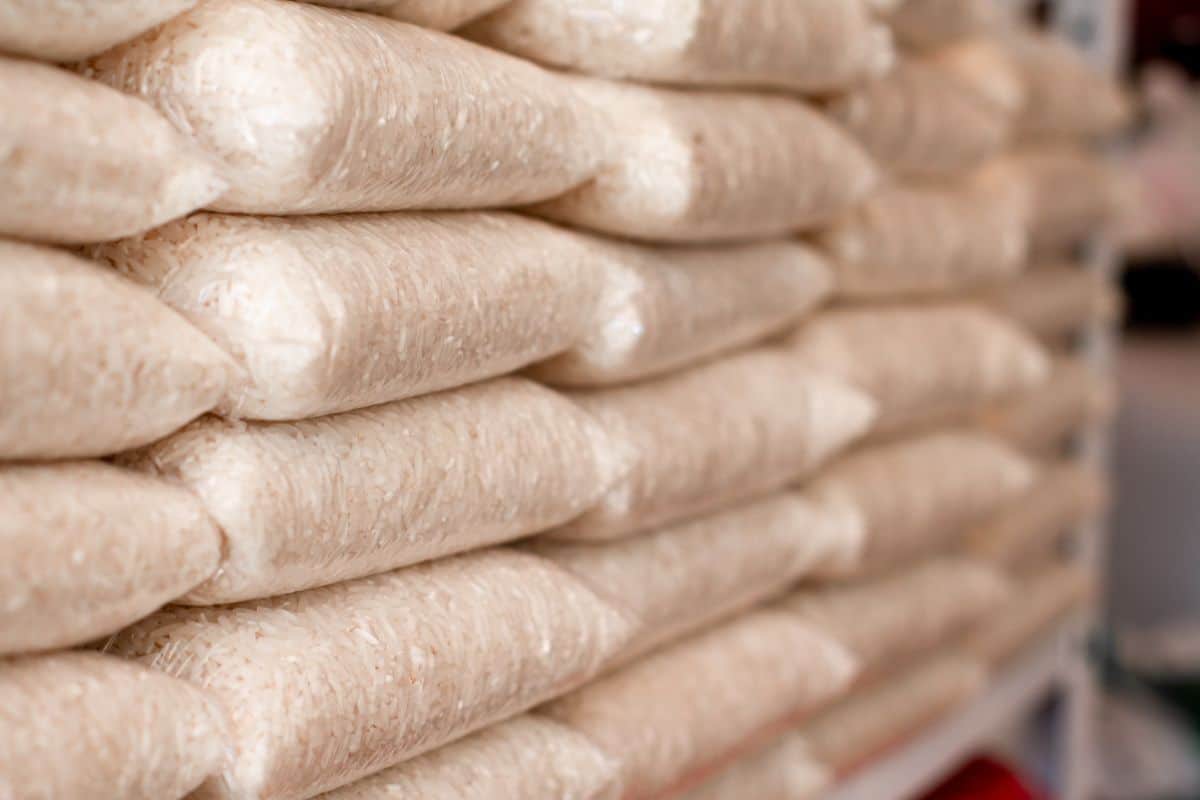The Government of India has granted permission on the export of 75,000 tonnes of non-basmati white rice to the UAE.
However, the export to UAE will be carried out through National Cooperatives Exports Limited (NCEL), the Directorate General of Foreign Trade (DGFT) said in a statement on Monday.
India had previously imposed a ban on exporting non-basmati white rice, aiming to boost domestic supply due to rising inflation and concerns about an unpredictable monsoon.
The government is allowing exports of non-basmati rice and other grains also to fulfill the food security needs of vulnerable nations.
Recently, Director General of Foreign Trade (DGFT) Santosh Kumar Sarangi informed the Press Trust of India (PTI) that India allowed the export of 300,000 tonnes of wheat to Nepal on July 21, as well as 14,184 tonnes to Bhutan.
India lifts non-basmati export ban
In addition, exports of non-basmati rice were approved for Bhutan (79,000 tonnes), Mauritius (14,000 tonnes), and Singapore (50,000 tonnes) through the National Cooperative Exports Ltd (NCEL).
“The Government of India is committed to providing the required quantity of rice or wheat to food-insecure and vulnerable countries, as well as neighboring nations, upon request,” Sarangi said.
Moreover, the government authorised exports of broken rice to Senegal (500,000 tonnes), Gambia (500,000 tonnes), Indonesia (200,000 tonnes), Mali (100,000 tonnes), and Bhutan (48,804 tonnes).
To boost domestic grain supply, the government enforced bans on broken rice exports in September of the previous year, on wheat in May, and on non-basmati white rice in July.
This decision comes following persistently high inflation, particularly food inflation, which remains outside the Reserve Bank of India’s target range of 2-6 percent.









